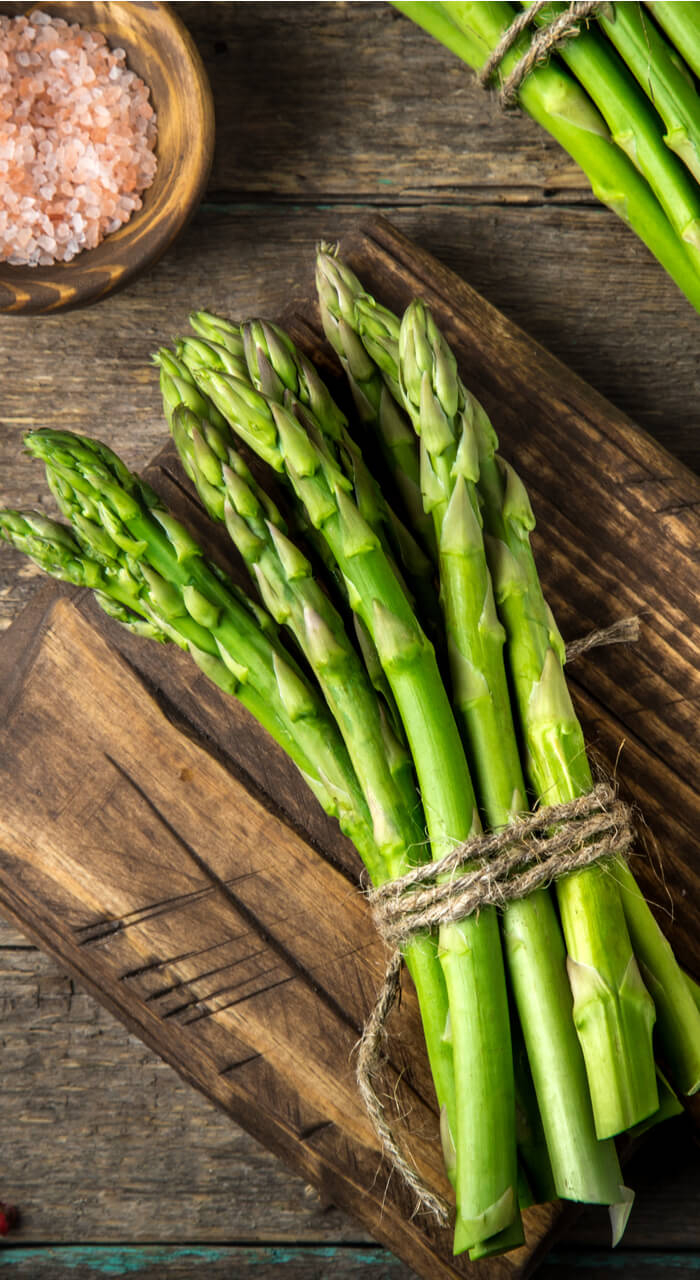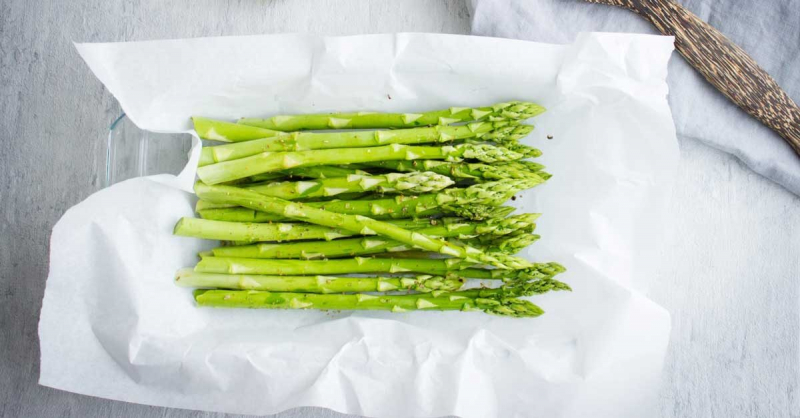Asparagus

Asparagus, often known as garden asparagus or sparrow grass, is a species of perennial flowering plant in the genus Asparagus. Asparagus Officinalis is its scientific name. In the spring, its young shoots are consumed as a vegetable. It was once thought to be a member of the lily family, along with the Allium species that include onions and garlic. Genetic research, however, splits lilies, allium, and asparagus into three families: Liliaceae, Amaryllidaceae, and Asparagaceae, with the Amaryllidaceae and Asparagaceae, classified together in the order Asparagales. According to several accounts, Asparagus officinalis's natural area encompasses most of Europe and western temperate Asia. It is frequently farmed as a vegetable crop.
About 40 mcg of vitamin K is found in four spears of asparagus. With the addition of a little olive oil, you've reached nearly half of the recommended daily intake. Keep in mind that eating a lot of vitamin K-rich foods in one sitting won't help you for long. Vitamin K is not well absorbed by the body, and it is quickly flushed out.
When eaten as part of a fiber-rich diet, asparagus is an excellent way to achieve your fiber requirements while also keeping your digestive system healthy. Summary Asparagus is a high-fiber food that supports regularity and digestive health, as well as lowers the risk of heart disease, high blood pressure, and diabetes.











